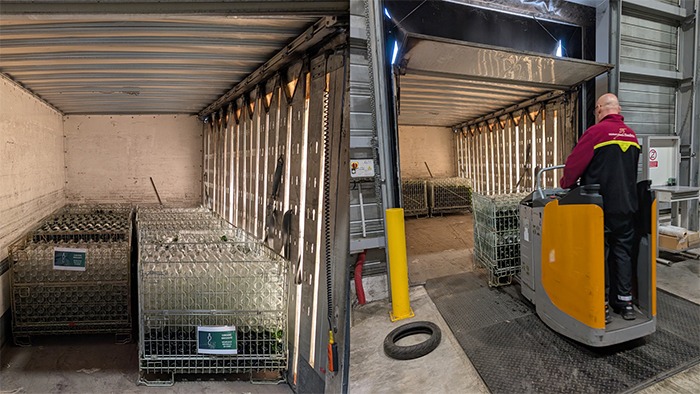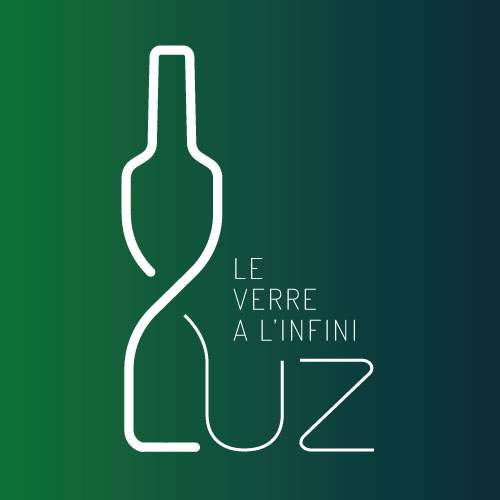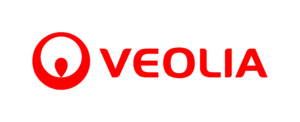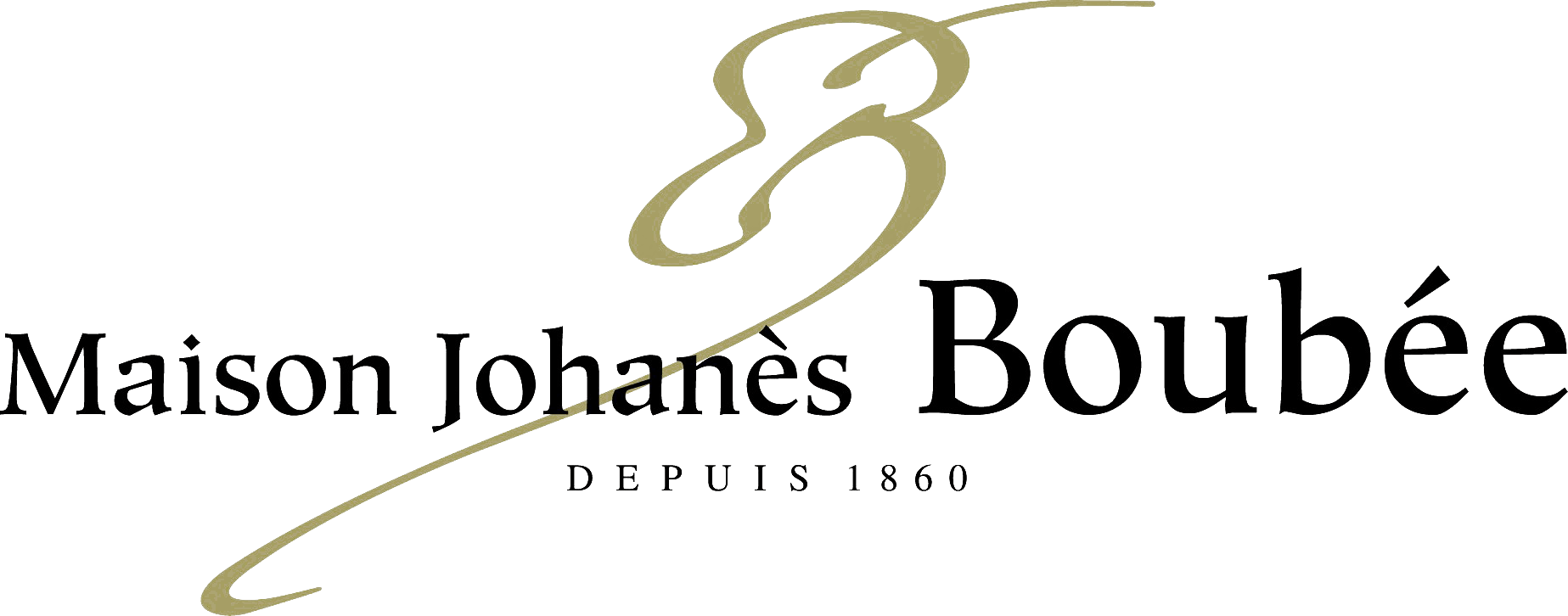Maison Johanès Boubée launches a local initiative for bottle reuse

As part of a circular economy approach, Maison Johanès Boubée has launched an innovative initiative for the reuse of bottles resulting from “production overruns” at its Beychac-et-Caillau site. Previously recycled by Veolia, these bottles are now given a new purpose thanks to the expertise of the Gironde-based company Luz Environnement. After a rigorous cleaning and inspection process, Luz Environnement makes these bottles available to Bordeaux winemakers, either as a priority or in small batches. This unprecedented initiative within the sector demonstrates our commitment to the circular economy and reducing our environmental impact.
A partnership with Luz Environnement serving winemakers
Annie Le Deunff, CEO of Luz Environnement, highlights the importance of this collaboration:
“By entrusting us with the reuse of these bottles, we facilitate access for Bordeaux winemakers to repurposed packaging, in a context of strong inflation in glass prices. This initiative therefore helps support the local wine sector.”

Maison Johanès Boubée :
a commitment to a sustainable wine industry
Mathieu Soulard, Chief Operating Officer at Maison Johanès Boubée, explains the stakes of this initiative:
“This pilot project reaffirms our commitment to the wine sector and our determination to implement concrete solutions for a more sustainable and resilient model. Building on this first step, we are considering a potential rollout across other Maison Johanès Boubée sites.”
Veolia, a key player in the circular economy

Sophie Delage, Regional Director of Veolia Recycling & Waste Recovery, South-West Region, underlines Veolia’s commitment to ecological transition:
“As a trusted partner of local communities, Veolia is firmly committed to creating short circular economy loops, such as reuse, to reduce the environmental impact of our clients while supporting their economic development.”
Low-carbon transport powered by biofuels
Veolia is also investing in the decarbonization of its operations in the South-West region, notably by converting its vehicle fleet to biofuels. The collection and transport of Bordeaux bottles between the Beychac-et-Caillau site and Luz Environnement are carried out using a biofuel derived from organic waste, reducing CO₂ emissions by 70% compared to standard fuel.
* Production overruns: bottles that are non-compliant with labeling, identified during quality control, or representing a surplus of production.
